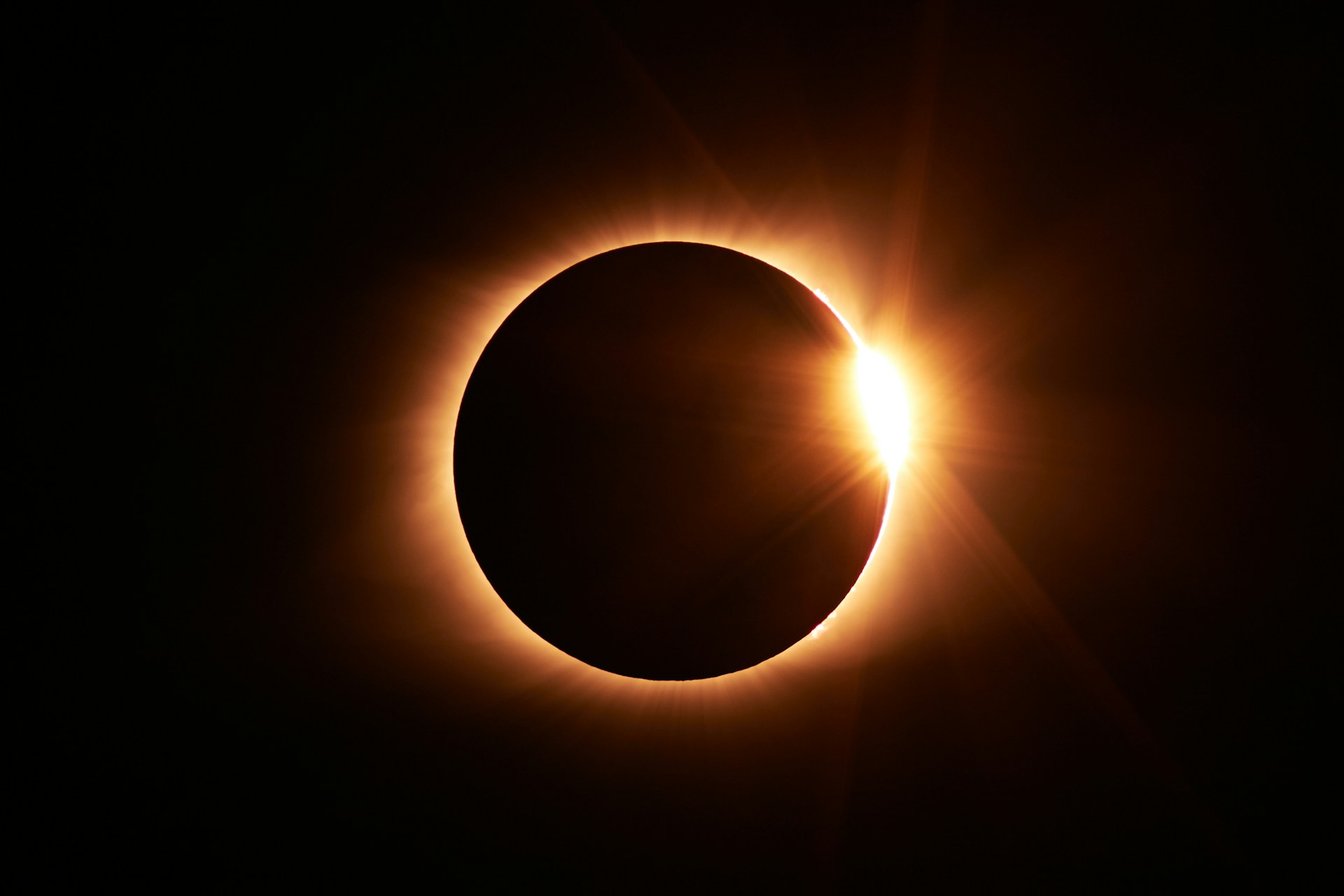In an era where information spreads rapidly across digital platforms, the influence of viral claims—regardless of their accuracy—cannot be understated. Today, August 2, 2025, the internet has been abuzz with dire warnings and breathless anticipation about a so-called “total solar eclipse” that, according to some viral posts, would plunge vast regions into darkness. This sensation has captured the attention of millions, leading to excitement, confusion, and even anxiety among some communities. However, according to NASA and leading astronomical authorities, these claims are entirely unfounded.
The Origin of the Misinformation
The seed of this widespread myth appears to have sprouted from a blend of misunderstanding and miscommunication. Multiple social media accounts and even some minor news outlets erroneously reported that a rare astronomical event—a “total solar eclipse”—would occur today, completely darkening the sky above large parts of the world. Some posts included dramatic graphics and countdown clocks, while others peddled superstitions and pseudoscientific warnings about the supposed effects of this event on health, technology, and the natural world.
But, as NASA has repeatedly clarified, there is no total solar eclipse occurring on August 2, 2025. This assertion is backed by extensive astronomical records and publicly accessible eclipse forecasts, which are meticulously compiled years in advance. The real source of the confusion seems to trace back to the upcoming major solar eclipse scheduled for August 2, 2027—a genuinely rare and much-awaited astronomical event. Unfortunately, in the echo chamber of online discourse, the difference of two years has been lost on a critical mass of netizens, resulting in the viral spread of this inaccurate claim.
Debunking the Eclipse: What NASA and Scientists Say
NASA, the world’s preeminent space agency, quickly responded to the rumors, issuing statements to reassure the public. Their guidance is unequivocal: there is no total solar eclipse today, and the next such event visible in substantial territories will only occur in 2027. Astronomers and educators echoed these reassurances, emphasizing how solar eclipses can be accurately predicted centuries in advance thanks to the regularity of the Moon’s orbit and the precision of modern astronomical tools.
This situation underscores a recurring challenge in the digital age: the ease with which misinformation can outpace factual corrections. Within hours, hashtags and trends related to the “August 2 eclipse” amassed millions of views and shares, in many cases outnumbering the reach of official scientific corrections. Nevertheless, reputable scientific portals, observatories, and media outlets have worked in tandem to set the record straight, providing clear explanations of how, why, and when eclipses occur—and when they do not.
What Is Really Happening in 2025?
While there is no total solar eclipse today, the calendar for 2025 does feature one noteworthy astronomical event: a partial solar eclipse, set to take place on September 21, 2025. Taking a partial form, this eclipse will be visible primarily in parts of Africa, Europe, and southern Asia. Unlike a total solar eclipse, where the Moon entirely covers the Sun—causing a dramatic plunge into daytime darkness—a partial eclipse results in only a portion of the Sun being obscured. These events, while visually fascinating and educational, are relatively common and lack the jaw-dropping impact (and rarity) of total eclipses.
For those keen on experiencing a total solar eclipse, patience is required. The next authentic “daytime darkness” event of global significance will happen on August 2, 2027. That eclipse will offer a path of totality observable from parts of Africa and southern Europe, and astronomers and eclipse-chasers are already preparing for what promises to be one of the most extraordinary celestial displays of the decade.
The Broader Lesson: Navigating Viral Claims in the Digital Age
The solar eclipse misinformation episode of August 2, 2025, serves as a powerful reminder of the need for media literacy and scientific engagement. In the hyperconnected world, a single misrepresented fact can mushroom into a global rumor within hours, fueled by well-meaning individuals as often as malicious actors. The consequences, while sometimes merely inconvenient or amusing, can also include unnecessary panic, disruption of plans, and the proliferation of pseudoscience.
To counteract such phenomena, experts urge the public to verify claims—especially those related to science and health—through trusted and reputable sources. Organizations such as NASA, the European Space Agency, and national observatories offer up-to-date, rigorously vetted information about astronomical events. Consulting these sources, rather than relying on viral social media posts, is vital.
Looking Ahead: Science, Sensation, and Social Media
As we move forward, today’s “eclipse” episode should underscore the excitement and wonder that real astronomical events can inspire, while also highlighting the collective responsibility to support factual discourse. By turning to established science and resisting the urge to share dramatic but inaccurate claims, communities can foster a culture where awe for the cosmos goes hand in hand with educational rigor and critical thinking.

